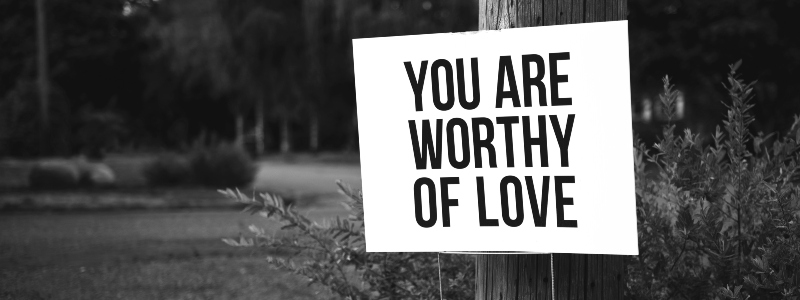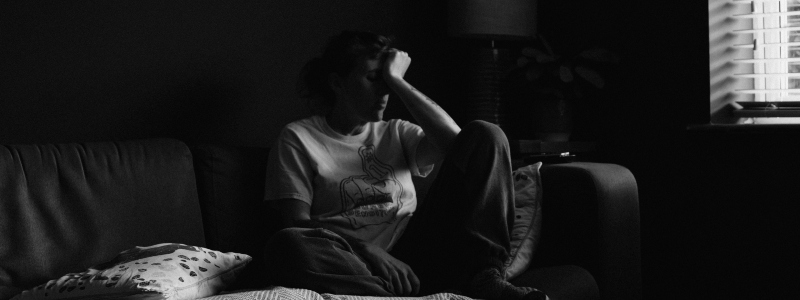‘It’s all too much’
There are times in life when things get to a point where it is all too much. Usually, as a result of an accumulation of emotional, mental and physical demands without much respite. For instance, ongoing personal or professional conflict, a pervasive sense of stuckness, challenges with no imminent resolution, etc. These situations tend to be complex and multi-layered, adding to the sense of entanglement and therefore lack of clarity on a way forward.
Here are some typical ones: contentious and lengthy separation, ongoing conflict at work, complex family relationship dynamics, chronic health issues, responsibility for long-term care, fertility treatment, affairs and financial difficulties.
Things tend to get worse before they improve
It is often the case that change starts to happen once things reach their limit. This will of course depend on where each person’s limit is. Reaching the decision that things need to change is the catalyst for major shifts. There is nothing like the need to do something to propel someone forward into action. Sometimes it will be a small thing, like an exchange with someone. At other times it might be a painful realisation which leads to a feeling of ‘enough is enough’.
Patience versus paralysis
Some people stay in unhealthy situations for much longer than they should. Drawing a line comes with implications and losses which are sometimes hard to bear. Other times situations just need time to unfold and there isn’t much to be done about it. When we are right in the middle of something, it is difficult to know a way forward or out. In situations of threat, we might want to flee or feel paralysed (freeze), resulting in anxious or numb states.
In more severe cases, mania, depression, self-destructiveness and, ultimately, breakdown.
The antidote
Radical self-care involves uncompromising resolve to care for and resource oneself. Only when we are resourced again can we deal with challenges that require distance and perspective. It is a way of going inward to find answers, to sit with uncomfortable and painful feelings and reflect rather than react. We can’t do this when firefighting. It may also involve changing unhealthy habits and looking after ourselves physically as well as emotionally and psychologically. Then, removing ourselves from the situation or finding a way to gain distance and find space. Some of us struggle with self-care more than others.
Being in a toxic cycle can feel like the familiar thing to do.
To summarise, here are some of the steps you can take if you are feeling overwhelmed and can’t see a way out:
– Take a step back and away from the situation.
– Resource yourself in whichever way you can.
– Do not go back into it until you feel that you are resourced enough and in touch with yourself again.
– Use both thought and emotion to find a way forward which is most constructive to your wellbeing.
– Implement these through actions which will serve you long-term.
This blog post was written by Sam Jahara, UKCP Registered Psychotherapist, Superviser and Co-founder of Brighton and Hove Psychotherapy
Further reading by Sam Jahara
There are no shortcuts to growth
5 good reasons to be in therapy
The psychological impact on children who grow up in cults
What psychological processes make us ‘choke under pressure’?







